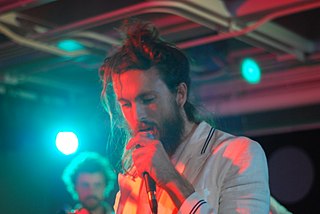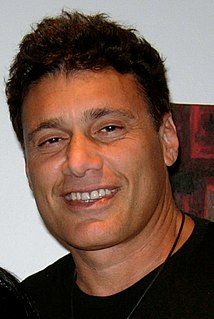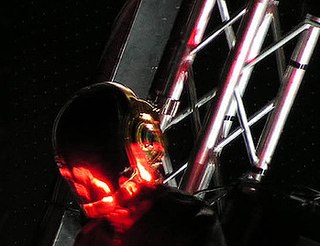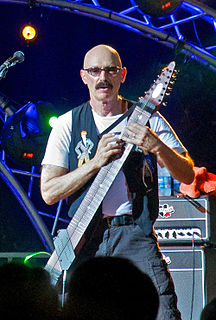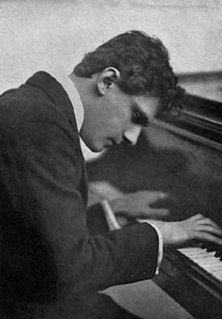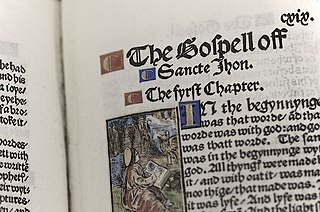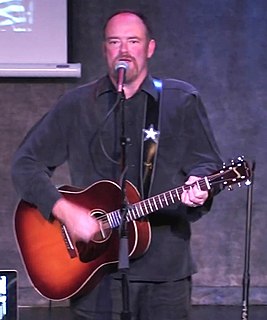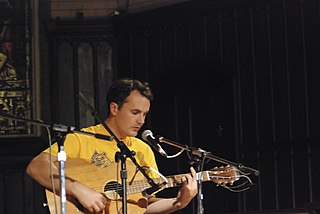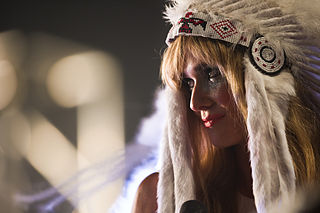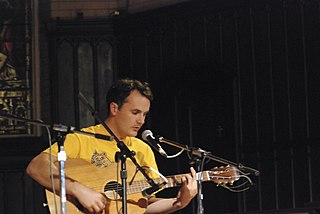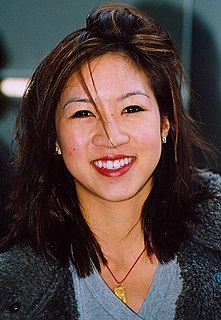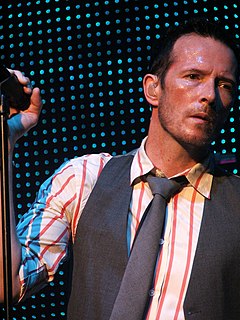A Quote by Alex Ebert
Recording music is not really the healthiest thing for the body.
Related Quotes
If you are recording, you are recording. I don't believe there is such a thing as a demo or a temporary vocal. The drama around even sitting in the car and singing into a tape recorder that's as big as your hand - waiting until it's very quiet, doing your thing, and then playing it back and hoping you like it - is the same basic anatomy as when you're in the recording studio, really. Sometimes it's better that way because some of the pressure is off and you can pretend it's throwaway.
The thing is that I have a really intense, almost compulsive need to record. But it doesn't end there, because what I record is somehow transformed into a creative thing. There is a continuity. Recording is the beginning of a conceptual production. I am somehow collapsing the two - recording and producing - into a single event.
Big band music, to me, it really has three key elements. First is the lyrics are really sweet, and they're just really family-friendly. The second thing is the music is jazz music, so the music is complicated enough to hold your attention for 5 or 6 million plays. That makes the songs interesting. The last part is the fact that it's danceable.
